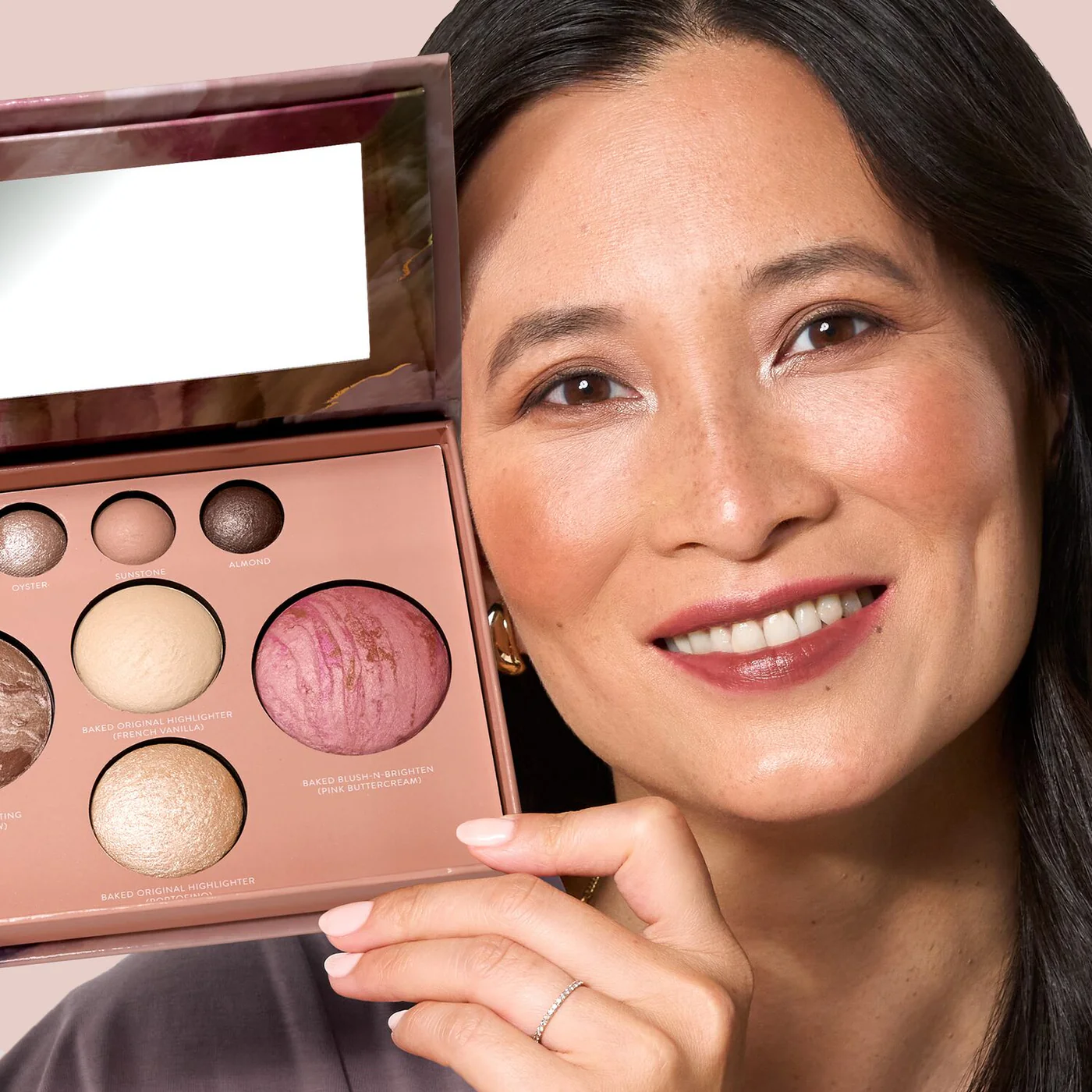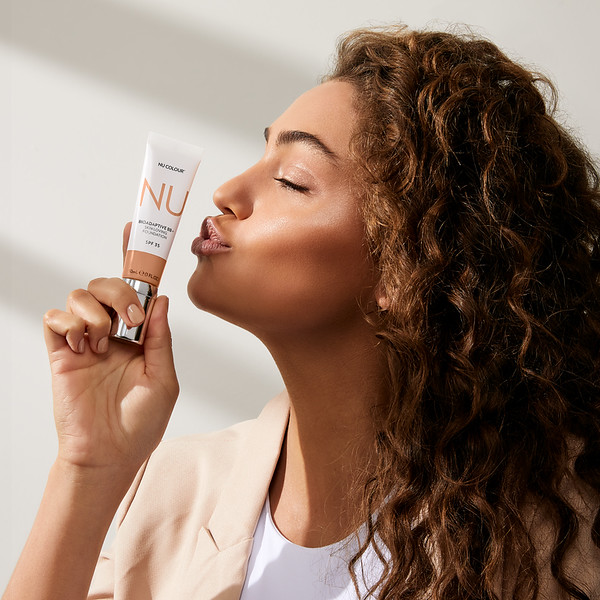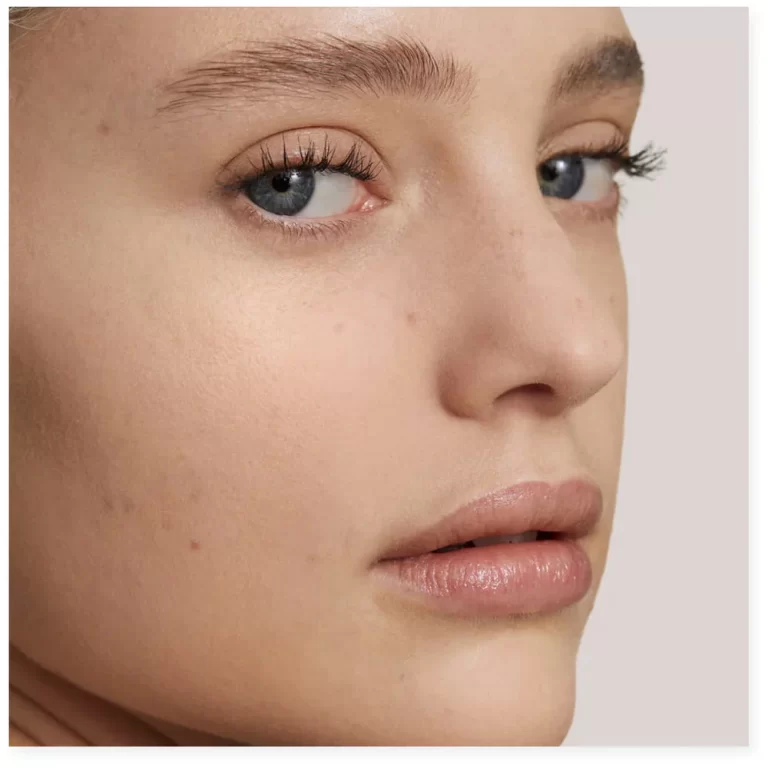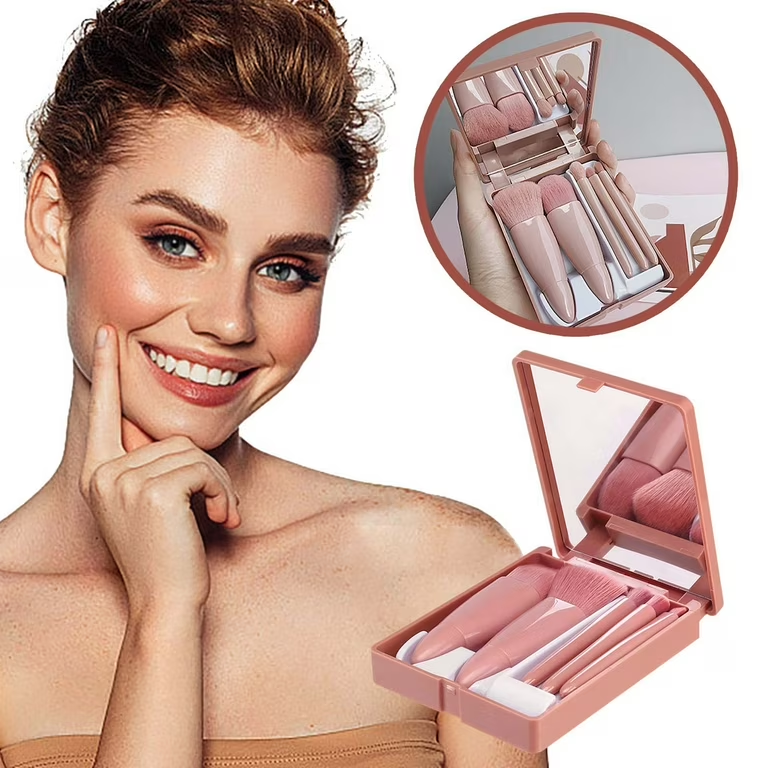
Your Guide to Flawless Foundation Color Matching
Understanding Your Skin’s Undertone
Understanding your skin’s undertone is key to flawless foundation color matching. Start by looking at your bare skin in natural light. Do you notice hints of pink, yellow, or olive tones? How to pick a foundation color? These are signs of your undertone. There are three main undertones: cool (pink), warm (yellow), and neutral.
Cool Undertones
If you see pink or rosy hues when you look at your skin, you likely have cool undertones. Foundations with a pink or red base are your best match.
Warm Undertones
Yellow or golden hues point to warm undertones. Opt for foundations that have a yellow or peach base to complement your skin.
Neutral Undertones
Neutral undertones present as an even mix of pink and yellow hues. You’re lucky — most foundation shades will be flattering on you. Choose a foundation that balances between warm and cool.
The White T-Shirt Trick
Still unsure of your undertone? Try the white t-shirt trick. Put on a pure white t-shirt and examine your skin’s reflection. Yellow suggests warm undertones, whereas pink indicates cool undertones. If your skin looks gray or the color is indistinguishable, you might have neutral undertones.
Jewelry Test
Another quick tip is to consider the jewelry that suits you best. Silver typically flatters cool undertones, while gold shines on warm undertones. If both look great, you might have neutral undertones.
By understanding and identifying your skin’s undertone, you’re on your way to picking a foundation color that seamlessly blends with your natural skin tone, providing a perfect base for any makeup look.

The Truth About Drugstore Foundations
When searching for the right foundation color, you might consider drugstore options. They offer many shades at affordable prices. But, there is a catch. You can’t test these shades in the store. You might end up buying several bottles that don’t work for you. This trial and error is costly over time. High-quality foundations from specialty stores often provide testers. How to pick a foundation color? You can find a better match and save money in the long run.
Drugstore foundations seem to promise savings. Unfortunately, they may lead to wasted products and money. You might buy multiple shades, dislike them, and never use them again. This cycle repeats, and costs add up. Instead, invest in a foundation with a testable color match. This way, you ensure a shade you love and get true value for your money.
To sum up, the truth is that drugstore foundations may cost less upfront. But without the option to test, you risk spending more on unsuitable shades. It’s smarter to pay a bit more for a better match and a formula you adore. This strategy leads to a successful foundation match and a more flawless finish.
Picking the Right Foundation Formula
Choosing the right foundation formula is as important as finding the perfect color. Your skin type and desired coverage play a huge role. Oily, dry, or combination skin? Each type needs a different formula. Consider a matte finish for oily skin. Dry skin may love a hydrating, dewy foundation. Have combination skin? Look for a balance between matte and moisture.
Deciding on Coverage
What level of coverage do you want? Sheer, medium, or full? Sheer coverage can even out your skin tone but won’t hide many blemishes. Medium coverage is great for a more polished look. It covers some imperfections. Full coverage can hide most blemishes and creates a smooth canvas.
Formulas for Different Skin Concerns
Have sensitive skin? Look for hypoallergenic or non-comedogenic foundations. They are less likely to cause irritation. Dealing with acne? A formula with salicylic acid might help. Aging skin might benefit from foundations with anti-aging ingredients.
Choosing the right foundation formula ensures comfort and longevity. It also provides the finish that meets your needs. Remember, no matter your skin type or coverage preference, there’s a formula out there for you. Test different types to find what works best. And once you find it, you’ll see the difference in your makeup look.

Mastering the Art of Shade Matching
Mastering the art of shade matching is vital for a flawless makeup look. The process can be complex, but with the right techniques, it becomes simpler. Here are key steps to ensure you select the perfect foundation shade every time.Examine your bare face under natural light. Identify if your skin tone is light, medium, or dark. This initial assessment helps narrow down your foundation choices.
When testing foundations, always apply them along your jawline. This area shows the true intersection of your face and neck colors. A perfect foundation shade should blend invisibly here. If the color blends seamlessly, it’s the right shade.
Consider Lighting Conditions
Lighting can dramatically affect how foundation shades appear. Always check your foundation shade in natural light. This prevents surprises in different lighting throughout the day.Don’t hesitate to request assistance at makeup counters. Professionals can provide valuable insights and help you make the best choice. They can match the shade precisely to your skin tone, ensuring a natural look.
Use Technology Tools
Many beauty brands now offer digital tools to help find the perfect foundation shade. These tools analyze your skin tone through a photo and suggest the best match. Utilize these technological aids to simplify your selection process.
By following these steps and using available resources, you’ll master the art of shade matching. This ensures your foundation looks natural and enhances your overall makeup application.

The Role of Technology in Finding Your Perfect Foundation Shade
In the quest for the perfect foundation color, technology can be your best asset. Beauty brands are creating innovative digital tools to assist with foundation matching, ensuring you find your true shade without the guesswork. How to pick a foundation color?Here’s how technology is changing the game:
Digital Shade Finders
Multiple companies now offer online shade finders. They use data from your current foundation to suggest similar shades in new brands. This reduces the risk of purchasing the wrong color.
Virtual Try-Ons
Some sites or apps provide virtual try-on features. Use your camera to see how different foundation shades would look on your skin. This helps you visualize the potential match before making a purchase.
Color-Matching Technologies
Advanced color-matching technologies employ artificial intelligence. They scan your skin to recommend the best foundation shade. This method is tailored and precise, often leading to better matches.
User-Generated Content
Platforms are integrating user-generated content. Seeing how a shade looks on someone with a similar skin tone can guide your choice. It provides a more realistic preview than a digital swatch.
Lighting Simulations
Good lighting is critical. Some tools simulate different lighting conditions. This lets you see how a shade will appear in various environments.
Embrace how technology can simplify finding your foundation color. By utilizing these tools, you’ll streamline the process and likely land on a color so natural, it enhances your beauty effortlessly.
Practical Tips for Testing Foundation Colors
When hunting for the perfect foundation shade, actual testing is crucial. Here are some practical tips to make sure you get the best match:
Use Natural Light for Testing
Always test foundation colors under natural light. Artificial lighting can alter the appearance of the foundation, leading to a less accurate match.
Sample Multiple Shades
Don’t hesitate to sample several shades. Swipe them side by side on your jawline to compare. The shade that blends invisibly is your match.
Test Over Several Hours
Foundation can change color as it sets. Apply a swatch on your jawline, then check the color again after a few hours to see how it wears.
Consult with Professionals
At makeup counters, ask for expert assistance. Makeup professionals can provide valuable guidance in finding your perfect shade.
Use Sample Sizes
If possible, obtain sample sizes of your chosen foundations. Testing a foundation over a day or two can prevent costly mistakes.
By employing these tips, you can more confidently pick a foundation color that appears natural and enhances your beauty.

Our Top Foundation Picks for Mature Skin
Mature skin has unique needs, especially when picking the perfect foundation. Aging skin might show fine lines, wrinkles, and uneven texture. Let’s explore foundations that cater to these challenges. We’ll list our top picks designed for mature skin, ensuring a more radiant and youthful appearance.
Hydrating Foundations
As skin matures, it tends to dry out. Hydrating foundations with ingredients like hyaluronic acid can help. They lock in moisture and smooth out fine lines. For example, the By Terry Hyaluronic Hydra-Foundation is ideal.
Lightweight, Buildable Coverage
A foundation that offers lightweight, buildable coverage works wonders. It lets mature skin breathe and avoid cakey looks. Laura Mercier Tinted Moisturizer provides a natural finish.
Anti-Aging Properties
Some foundations include anti-aging properties. Look for products with peptides or antioxidants. IT Cosmetics CC Cream not only covers but also treats the skin.
Serum-Infused Foundations
Serum foundations blend skincare with makeup. They nourish while providing coverage. Ilia’s Super Serum Skin Tint Foundation is a good pick with layers for coverage.
Non-Comedogenic Options for Sensitive Skin
For sensitive mature skin, non-comedogenic foundations are a must. They prevent clogged pores and breakouts. Shiseido Synchro Skin Self-Refreshing Foundation is a safe choice.
Radiant Finishes
A foundation that gives a luminous glow can bring life to dull skin. Charlotte Tilbury’s Light Wonder Foundation offers a youthful, radiant finish.
By choosing one of these foundations, you can ensure a look that’s as vibrant as it is timeless. Remember to consider your undertone and skin concerns when picking your product. And don’t forget to test the shade in natural light for the best match!
Navigating foundation discontinuations can be frustrating. Here’s how to cope when your go-to shade is no longer available:
Accept the Reality
First, accept that products come and go. It’s part of the beauty industry’s evolution.
Start the Search Early
Begin looking for alternatives as soon as you hear about a discontinuation. Don’t wait until you run out.
Check for Backstock
Sometimes, retailers may still have backstock even after a product is discontinued. Check online stores and physical outlets.
Seek Similar Shades
Use your knowledge of undertones and favorite formulas to find similar options. Reference your current shade for comparison.
Embrace Change
Use this as an opportunity to try something new. You might find a product even better than the original.
Consult the Beauty Community
Ask for recommendations on beauty forums and social media. Others may have found a great alternative.
Consider Custom Blend Services
Some brands offer custom blend foundations. They can recreate a similar shade just for you.
Remember, a discontinued foundation doesn’t mean the end of your perfect makeup look. With these steps, you can find a new favorite that meets your needs.

